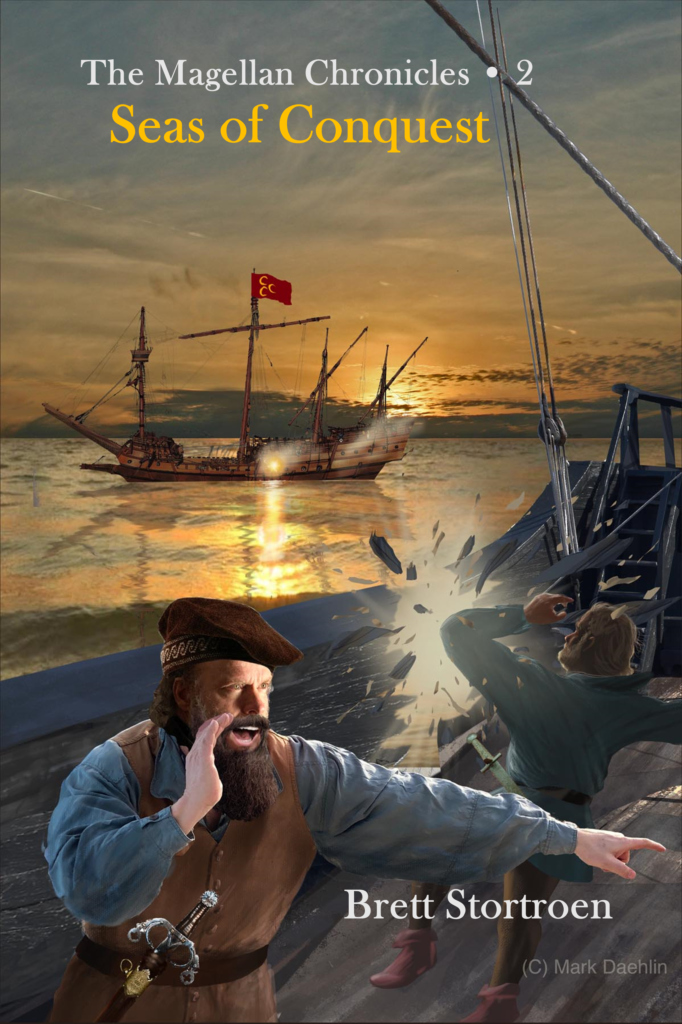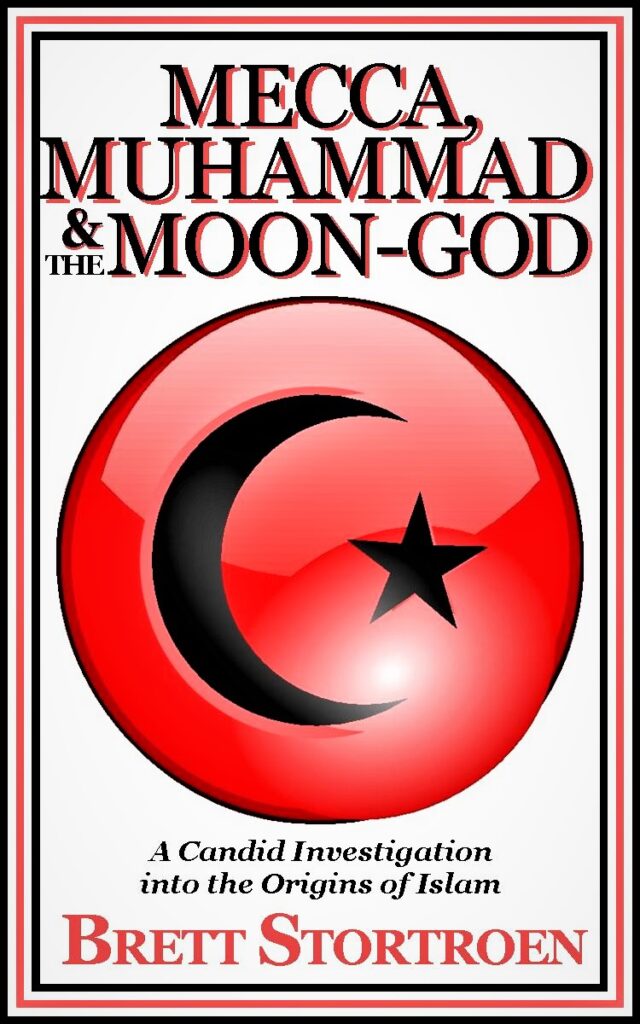“Turn the Other Cheek” in Context
One of the most misunderstood biblical passages concerns the statement by Jesus Christ recorded in Matthew 5:38-39:
“Ye have heard that it hath been said, An eye for an eye, and a tooth for a tooth: But I say unto you, That ye resist not evil: but whosoever shall smite thee on thy right cheek, turn to him the other also.”
Throughout the famous “Sermon on the Mount” Jesus gives a litany of statements aimed toward the distorted teachings of the Pharisees. The leading phrase, “You have heard that it hath been said . . . .” refers to the specific error involved and follows by corrective phrase “But I tell you . . . . ”
The religious leaders had taken civil government laws (Lev. 24:20, Deut. 19:21, Ex. 21:24) and applied these for personal prejudicial vendettas and revenge. Personal retaliation or vengeance was not given to the individual but to the authorities as stated in Deuteronomy 32:35:
“To me belongeth vengeance, and recompense; their foot shall slide in due time: for the day of their calamity is at hand, and the things that shall come upon them make haste.”
Jesus was explicit in referring to actions by individuals not governmental affairs.
Notice Jesus pointed out the right cheek. This clearly reveals the offender was giving the individual a backhand slap. Generally, people are right handed and a slap would be delivered to the left cheek and considered a normal slap. However, in this passage the backhanded stroke was considered one of the most grievous insults in Jewish culture. Many scholars claim, that by the time of Jesus, a literal retaliation for damage had been replaced in Jewish legal practice by monetary penalties. During the time of Christ the Jews gave the following list of financial judgments for insults:
· One punch = (one shekel) = 4 days wage
· One open hand slap = 200 zuzim (50 skekels) = 200 days wage
· One back-handed slap = 400 zuzim (100 shekels) = 400 days wage
In perspective, the price for a prized virgin bride in Jewish culture was 200 zuzim or 200 days wage equivalent. A back handed slap was double this price and indeed a serious offense.
Numerous biblical verses support the view that slapping someone on the cheek was a personal insult.
“Men open their mouths to jeer at me, they strike my cheek in scorn” (Job 16:10).
“I offered my cheeks, I did not hide from mocking and spitting” (Isa. 50:6).
“Let him offer his cheek to one who would strike him and let him be filled with disgrace” (Lam. 3:30).
Then Zedekiah son of Kenaanah went up and slapped Micaiah in the face (1 Kgs. 22:24).
This false prophet named Zedekiah was incensed by Micaiah’s words and retaliated by an insulting slap to the face. Micaiah ignored the slap and proceeded to speak the words of God thus following in true obedience to the spiritual laws of God.
Similarly, biblical scriptures often cite advice to avoid retaliation in response toward personal insult:
“A fool’s wrath is quickly and openly known, but a prudent man ignores an insult” (Prov. 12:16).
“The discretion of a man deferreth his anger; and it is his glory to pass over a transgression “(Prov. 19:11).
Any Christian secure in their relationship with Jesus Christ should never have to worry about those who level insults.
The Lord never negates any principles of justice or the law. He simply urges and admonishes those who follow him to waive one’s rights to recompense or revenge. To waive one’s rights is equivalent to forgiving the other person and at the heart of the gospel message.
The invocation to turn the other cheek is directed precisely to insults and not self-defense for serious bodily injury of an individual or one’s family. Neither is it directed towards defense of one’s own country.
Jesus Commands His Disciples to Buy a Sword
Shortly before Christ’s betrayal he gave instructions to his disciples in regard to their future without his physical presence. This passage remains ambiguous even to the biblical scholars and theologians of antiquity. The most debated aspect concerns the purpose of buying a sword. In order to interpret the passage all the relevant passages must be laid out along with the historical background and language of the time.
And he said to them, “When I sent you without money bag, knapsack, and sandals, did you lack anything?” So they said, “Nothing.” Then he said to them, “But now, he who has a money bag, let him take it, and likewise a knapsack; and he who has no sword, let him sell his garment and buy one” (Luke 22:35-36).
Jesus clearly was referring back to the time when he sent out the twelve disciples to preach as described in the verse below:
Then he called his twelve disciples together and gave them power and authority over all demons, and to cure diseases. He sent them to preach the kingdom of God and to heal the sick. And he said to them, “Take nothing for the journey, neither staffs nor bag nor bread nor money; and do not have two tunics apiece” (Luke 9:1-3).
Now that Jesus would soon no longer be with them physically he proscribed to his disciples self-reliance in the face of increased persecution and resistance. It was common for robbers and bandits to cause travelers injury or death as discussed in the parable of the Good Samaritan. (Luke 10:25-37). Jesus was emphatic in the need to acquire swords for self-defense by his insistence to buy them if necessary before embarking upon their new commission to go out into the world and preach the gospel.
The original Greek makhaira, refers in a generic sense to any type of sword. However, in a precise military defined context, this sword was curved and used for cutting. The makhaira was a deadly weapon capable of penetrating a bronze helmet or armor and often used by Roman cavalry.
Jesus reminds his disciples in the following verse about his mission:
“For I say to you that this which is written must still be accomplished in me: ‘And he was numbered with the transgressors.’ For the things concerning me have an end” (Luke 22:37).
Jesus was quoting the Old Testament about his crucifixion:
Therefore will I divide him a portion with the great, and he shall divide the spoil with the strong; because he hath poured out his soul unto death: and he was numbered with the transgressors; and he bare the sin of many, and made intercession for the transgressors (Isa. 53:12).
Immediately, one of the disciples responded:
So they said, “Lord, look, here are two swords.” And he said to them, “It is enough” (Luke 22:38).
Notice previously in verse 36 that it says “he who has no sword” implying that some of them may have had swords in their possession already. One may also notice there is no apparent gap in time between verses 37 and 38. How could they find swords so quickly unless they had some in their possession already?
Who were the transgressors? There are divergent opinions on this question. Luke uses the Greek word anomos (Transgressors, lawless ones, or outlaws). Luke uses a similar word in referring to the crucifixion event:
Then one of the criminals (kakopoios) who were hanged blasphemed Him, saying, “If you are the Christ, save yourself and us” (Luke 23:39).
In Greek, kakopoios (a bad doer, criminal, evil doer, malefactor) implies Jesus was counted among these transgressors.
Likewise, an even closer parallel in the Greek terminology was employed in Matthew’s account:
Then two robbers were crucified with Him, one on the right and another on the left (Mt. 27:38).
Even the robbers who were crucified with him reviled him with the same thing (Mt. 27:44).
Both these instances of the word robber in Greek = lestes and defined by Strong’s Greek concordance as [a thief (“robber”), stealing out in the open (typically with violence), a bandit is a thief who also plunders and pillages – an unscrupulous marauder (malefactor), exploiting the vulnerable without hesitating to use violence].
So, in comparing these verses one may conclude one possibility that Jesus was referring to the two robbers (bandits, thieves, or criminals) crucified next to him as the transgressors of Isaiah 53:12. Of course, the transgressors are also all humanity who have sinned and come short of the glory of God.
Another interpretation claims Jesus forced the prophecy by commanding the disciples to carry swords and appear as robbers to those who would arrest him:
But Jesus said to him, “Judas, are you betraying the Son of Man with a kiss?” When those around Him saw what was going to happen, they said to Him, “Lord, shall we strike with the sword?” And one of them struck the servant of the high priest and cut off his right ear. But Jesus answered and said, “Permit even this.” And He touched his ear and healed him. Then Jesus said to the chief priests, captains of the temple, and the elders who had come to Him, “Have you come out, as against a robber, with swords and clubs?” (Luke 22:48-52)
Was this the intended prophetic meaning, to obtain swords in relation to this passage? This view seems a little contrived. Did Jesus ask for the two swords only to fulfill this passage?
Or was the transgressor definition referring to the more climactic event of the crucifixion and the robbers (bandits, transgressors) surrounding Christ on their own crosses? The latter conclusion would appear more logical since the Lord always emphasized his mission of crucifixion and resurrection.
A third conclusion could be that Jesus gave a two part command. First, he told the disciples to prepare themselves with the necessary provisions for their new mission including swords. Second, he asked for two of the swords they already had in their possession which would solidify the prophecy.
John gives further detail of the event in question:
Then Simon Peter, having a sword, drew it and struck the high priest’s servant, and cut off his ear. The servant’s name was Malchus. So Jesus said to Peter, “Put your sword into the sheath. Shall I not drink the cup which my father has given me?” (Jn. 18:10-11)
Matthew gives other detail:
But Jesus said to him (Peter), “Put your sword in its place, for all who take the sword will perish by the sword” (Mt. 26:52).
Notice Jesus did not say drop your sword or get rid of it. The sword was to be put into the sheath where it would be available for future use if needed. Jesus then reiterated the fact that he was to proceed with his mission, culminating in his crucifixion and resurrection.
Those of the pacifist persuasion often claim anyone “taking the sword” would be breaking Christian precepts. But a common sense analysis of the verse would reason Jesus was meaning those who live by the sword without discretion would often die in like manner. The context of this passage reveals how futile two disciples with swords would be against the multitudes that came at them with weapons of swords and clubs. In addition, those who take up the sword in criminal pursuits will likewise die by the sword.
Many theologians and scholars try to avoid these problematic enigmatic passages by spiritualizing the sword as spirit. This position proves to be preposterous due to the fact that Peter wielded a physical sword and really cut off the ear of the High priest’s servant. Any attempt to pursue this avenue of spiritualizing interpretation in these passages concludes in obvious failure.
Possible answers:
· Jesus commanded the use of self-defense for his disciples by carrying one of the standard military weapons of the day.
· Jesus wanted to obtain the two swords to fulfill an Old Testament prophecy. [Was this a forced prophecy of the transgressors in relation to his disciples (transgressors) carrying swords outside of Roman law?
· Jesus commanded the use of self-defense and also used the swords as prophetic fulfillment.
Any of these conclusions can never negate the use of weapons for self-defense. However, one may deduce that Jesus likely encouraged the concept of carrying a sword for protection. Furthermore, Jesus fulfilled the Isaiah prophecy in respect to his being numbered with the transgressors crucified along with him. A secondary level prophecy may have been fulfilled as his disciples carried swords and may have been deemed transgressors in accordance with Roman laws.
Exodus 22:2 – Defending One’s Home or Property
Jesus did not come to abolish the law but to fulfill it. In light of this fact, here is an Old Testament precept for support of individual self-defense:
If a thief is caught breaking in and is struck so that he dies, the defender is not guilty of bloodshed; but if it happens after sunrise, he is guilty of bloodshed (Ex. 22:2).
This verse gives the defender the right to lethal self-defense if necessary during the night hours. One cannot ascertain if the intruder intends to commit a heinous crime or only robbery. However, in the day, one is able to discern the intent of the thief and thus not justified to inflict lethal force for mere robbery.
Exodus 20:13 – The Sixth Commandment
The correct biblical translation for the Hebrew ratsah should be rendered “murder.” Thus the sixth commandment reads, “You shall not murder.” In the past some Bibles gave a generalized translation as “You shall not kill” which is clearly not accurate in context. Due to mistranslations and poor exegesis of scripture verses many have adopted pacifist theologies without merit.
1 Timothy 5:8 – Providing Protection for One’s Family
But if anyone does not provide for his own, and especially of his household, he has denied the faith and is worse than an unbeliever (1 Tim. 5:8).
One may surmise that provision and protection would both be included in this important precept.
1 Chronicles 21:5 – Ancient Israel Armed and Well Trained
Joab reported the number of fighting men to David: In all Israel there were one million one hundred thousand men who could handle a sword, including four hundred and seventy thousand in Judah. But Joab did not include Levi and Benjamin in the numbering . . . . (1 Chron. 21:5-6).
Estimating the entire population of Israel during this period cannot be certain, nor does one know if each trained man had a weapon at home. However, it would seem logical that most of the trained men were battle ready with their weapons on hand.
Conclusion
Throughout the entire Bible one cannot find any verse that prohibits an individual’s use of self-defense against the threat of bodily injury or death. Furthermore, several passages seem to proscribe personal protection against adversaries.

Biblical Scriptures Regarding Armed Self-Defense by Brett Stortroen





